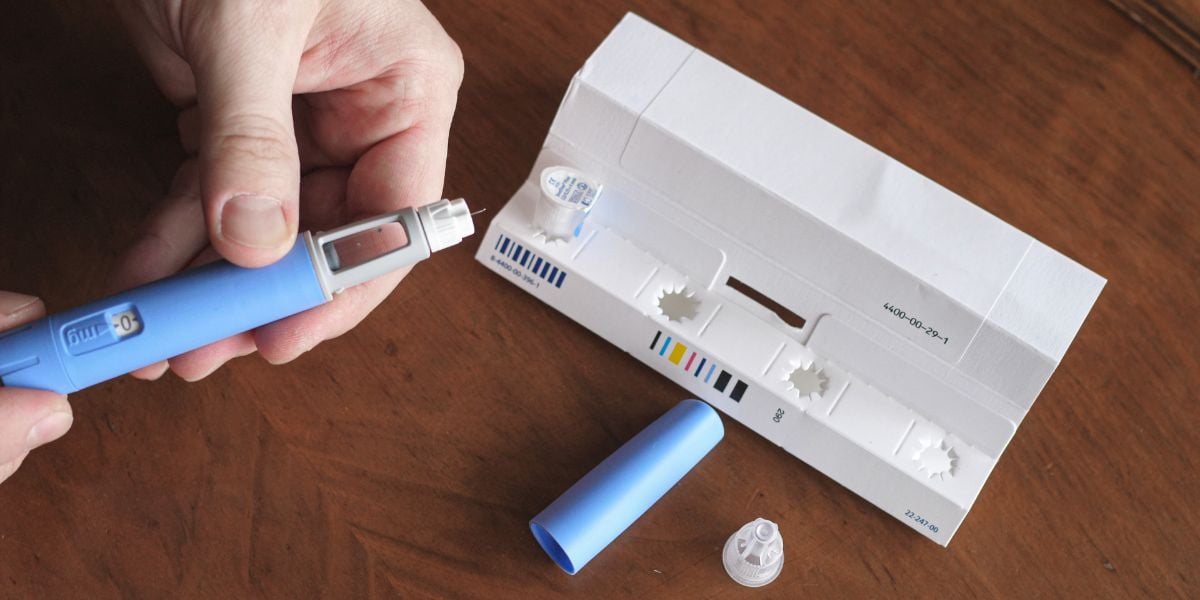Januvia (Sitagliptin) is an oral gliptin drug used to lower blood glucose levels amongst people with type 2 diabetes Sitagliptin is the first of a class of drugs to be approved that mimics the actions of the dipeptidyl peptidase-4 (DPP-4) enzyme.
How does Januvia work?
Sitagliptin works by inhibiting the DPP-4 enzyme that destroys GLP and GIP hormones, allowing both to function more effectively.
Both glucagon-like peptide-1 (GLP-1) and glucose-dependent insulinotropic polypeptide (GIP) are released by the intestine and affect blood glucose levels.
When more of these hormones are released blood sugar levels are reduced.
Who is Januvia prescribed to?
Sitagliptin is prescribed to people with type 2 diabetes, and is usually taken alongside a healthy diet and regular, appropriate exercise to help control diabetes.
Furthermore, Sitagliptin is often prescribed alongside other diabetes drugs such as (trade name first, generic name in brackets):
What side effects are associated with Januvia?
Common side effects relating to sitagliptin include:
- Infections of the upper respiratory tract
- Headaches
More infrequently, Sitagliptin is associated with abdominal pain, nausea and diarrhoea.
I want to know more about Sitaglipti, what should I do?
If your question is urgent, you should contact your doctor or diabetes healthcare professional immediately. Please use the Diabetes forum to get an independent perspective from the community.







